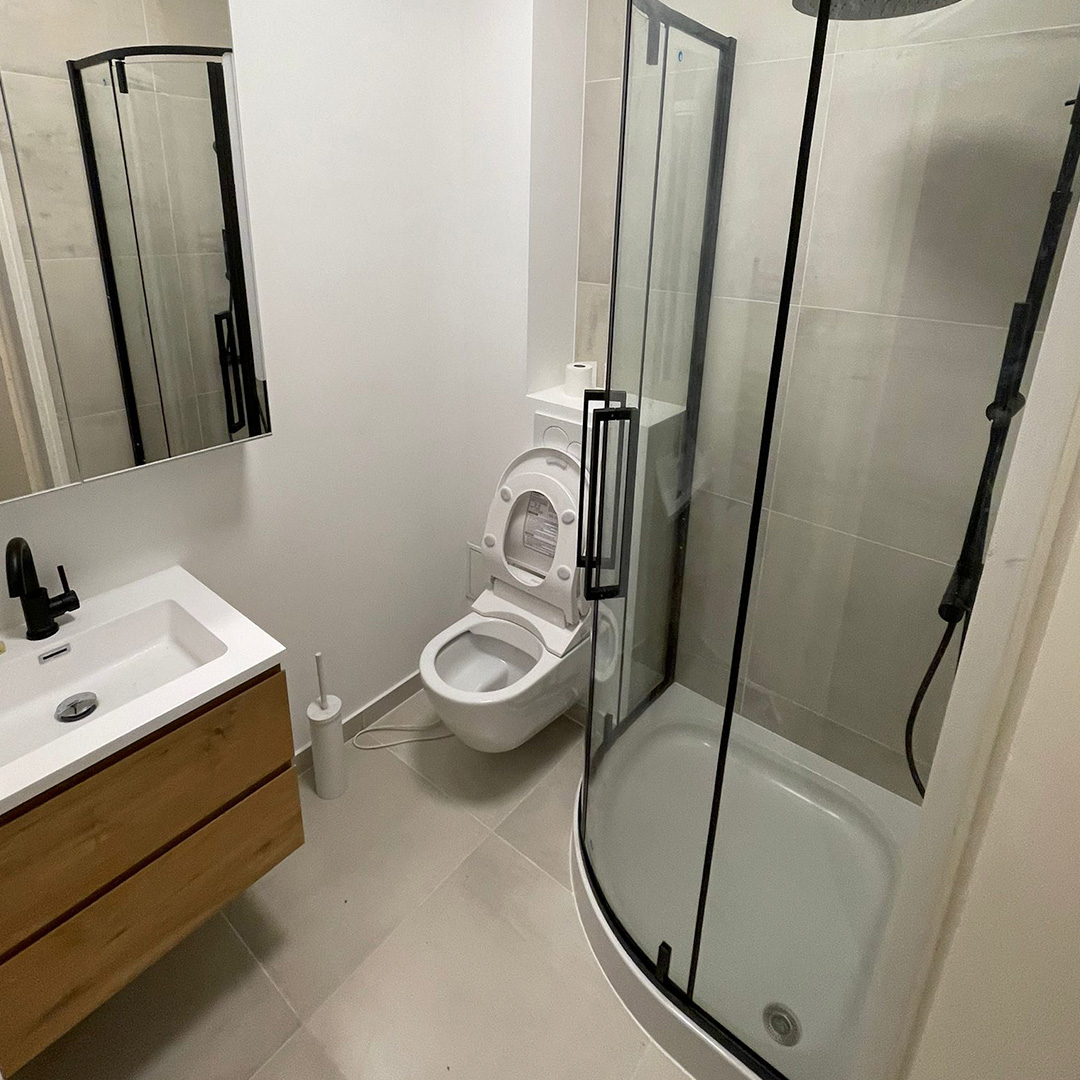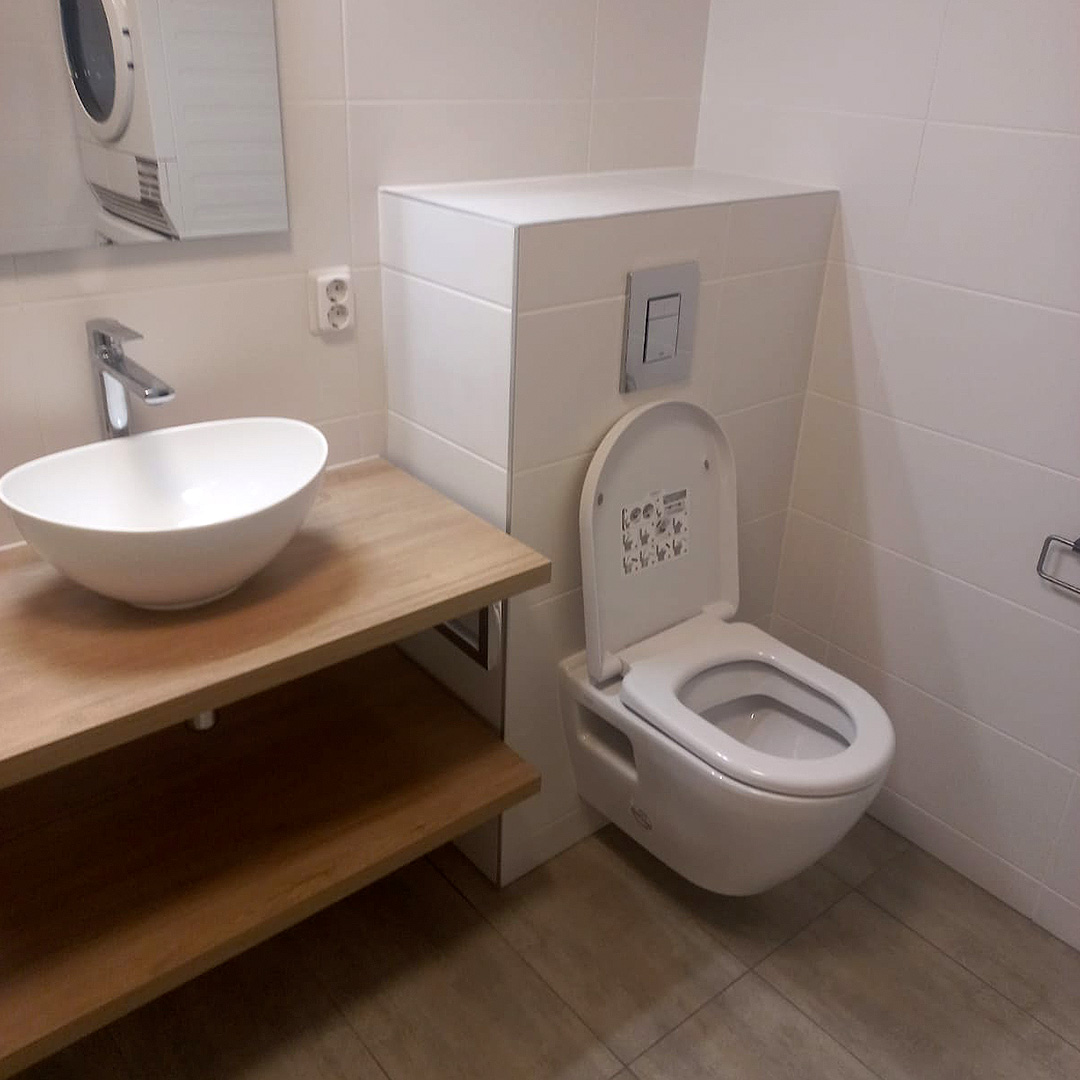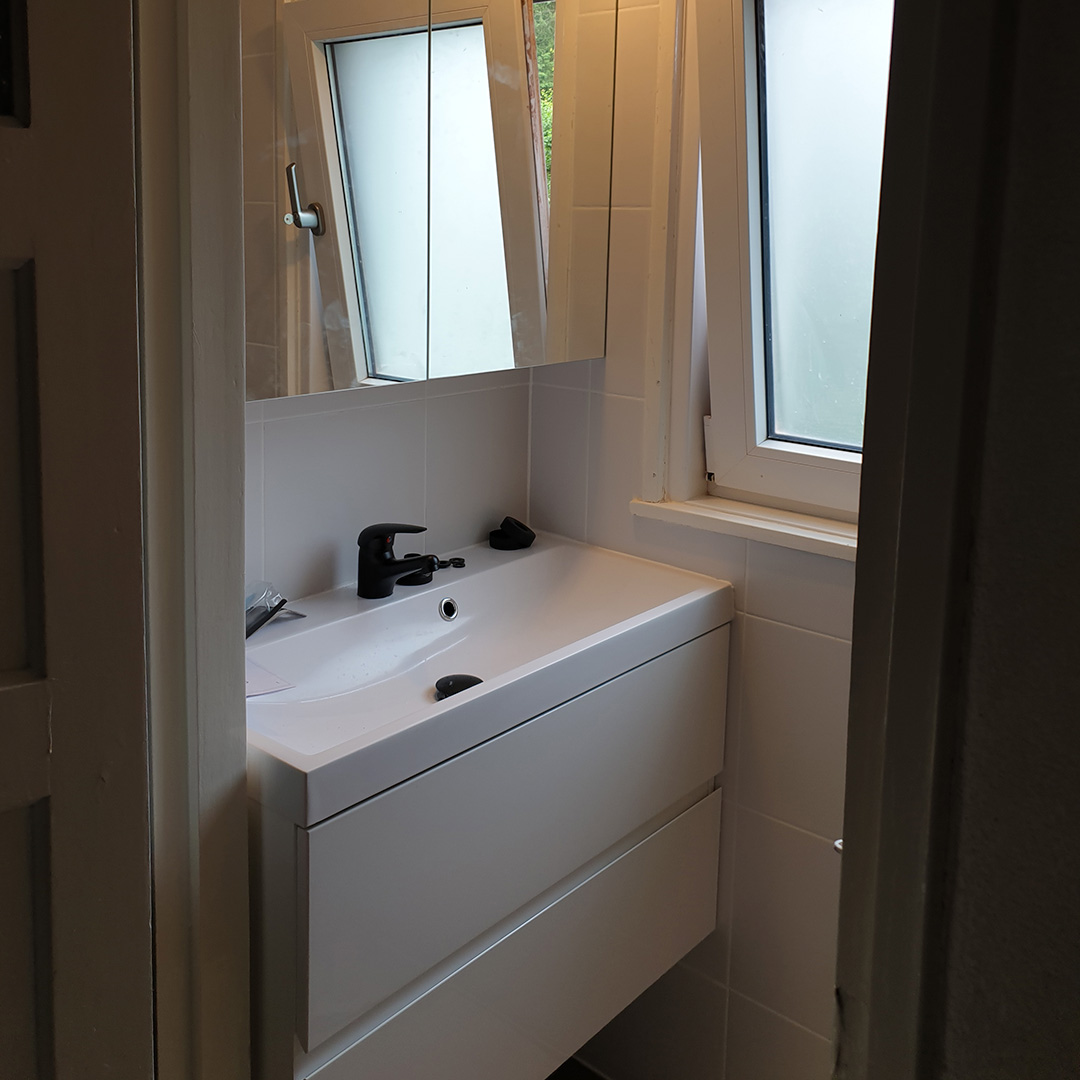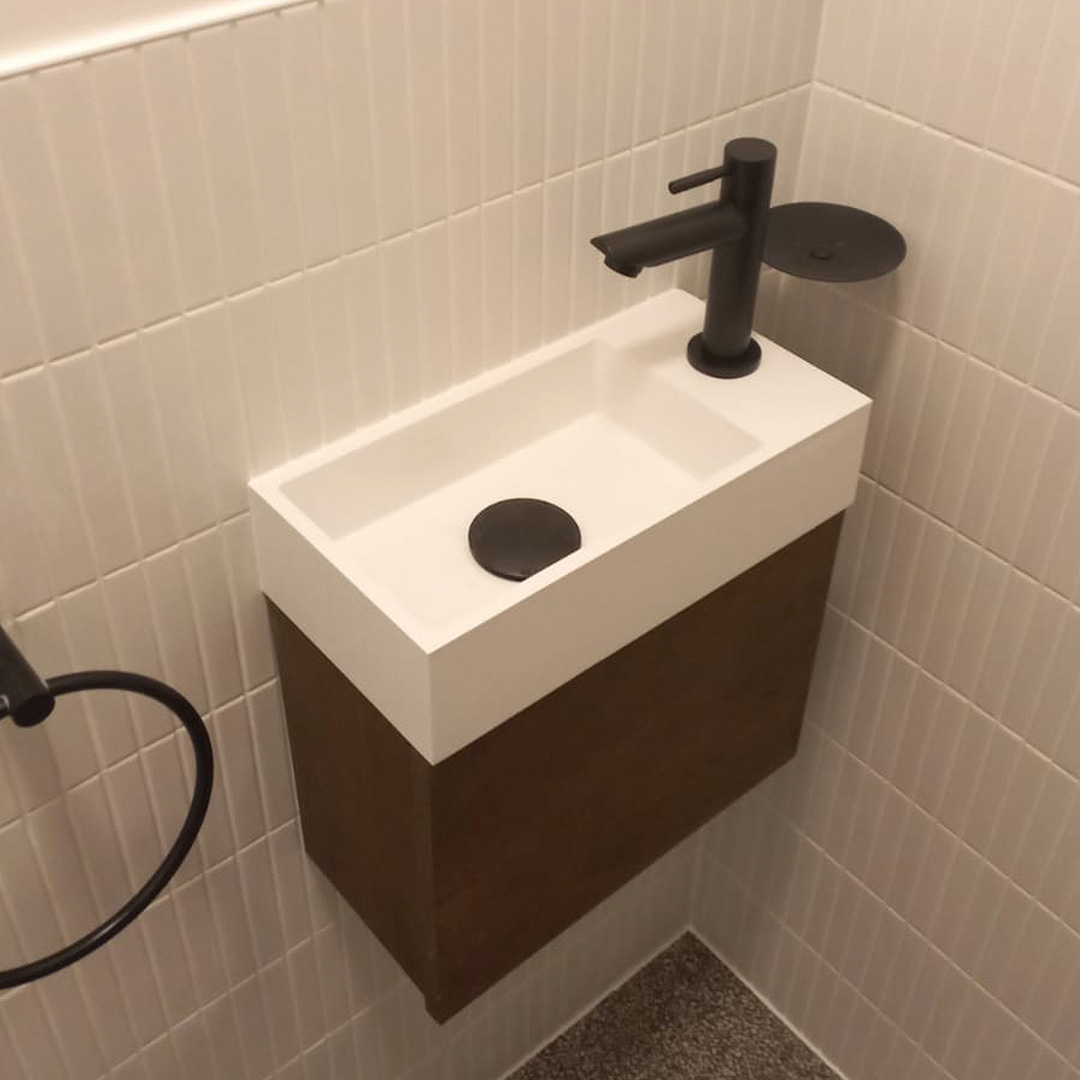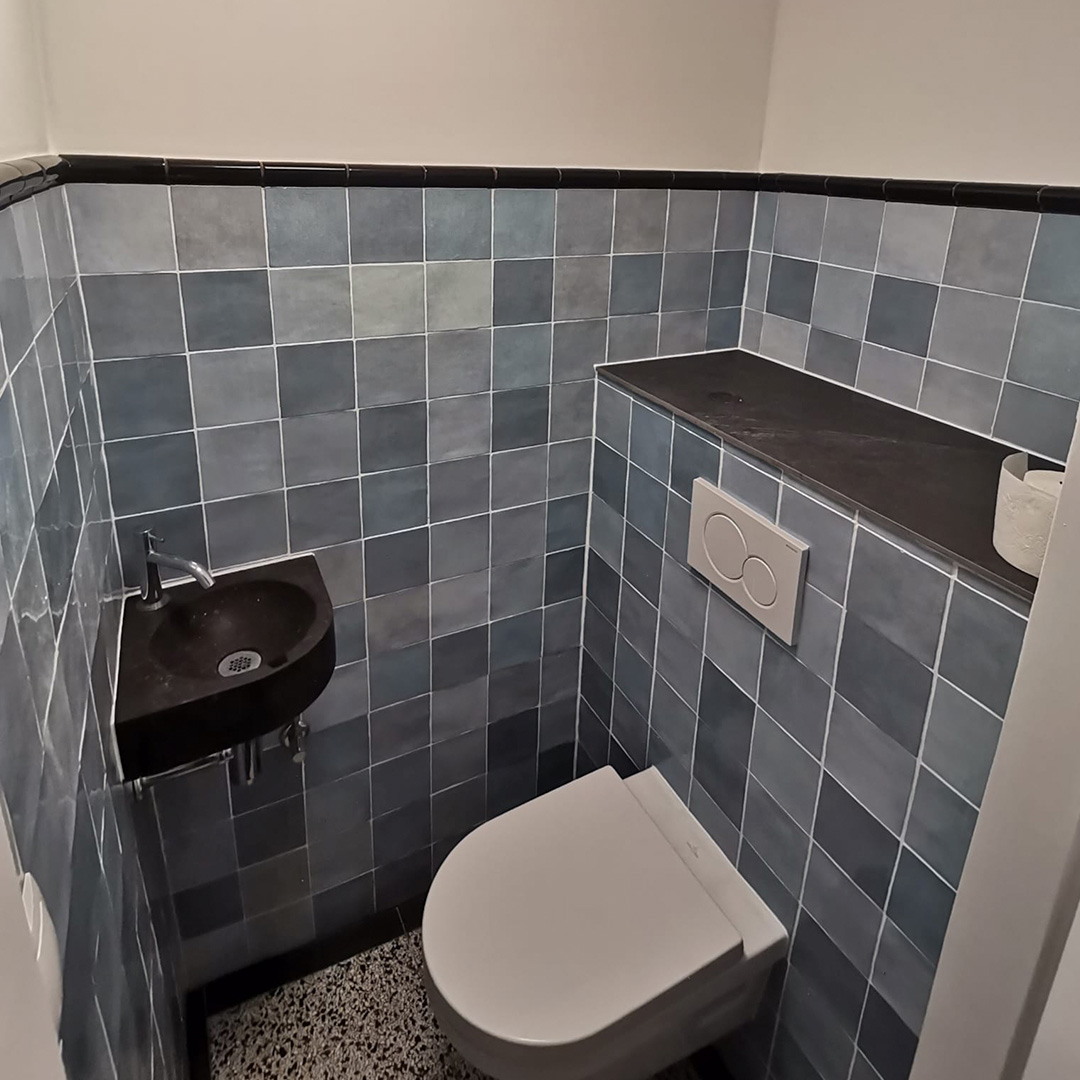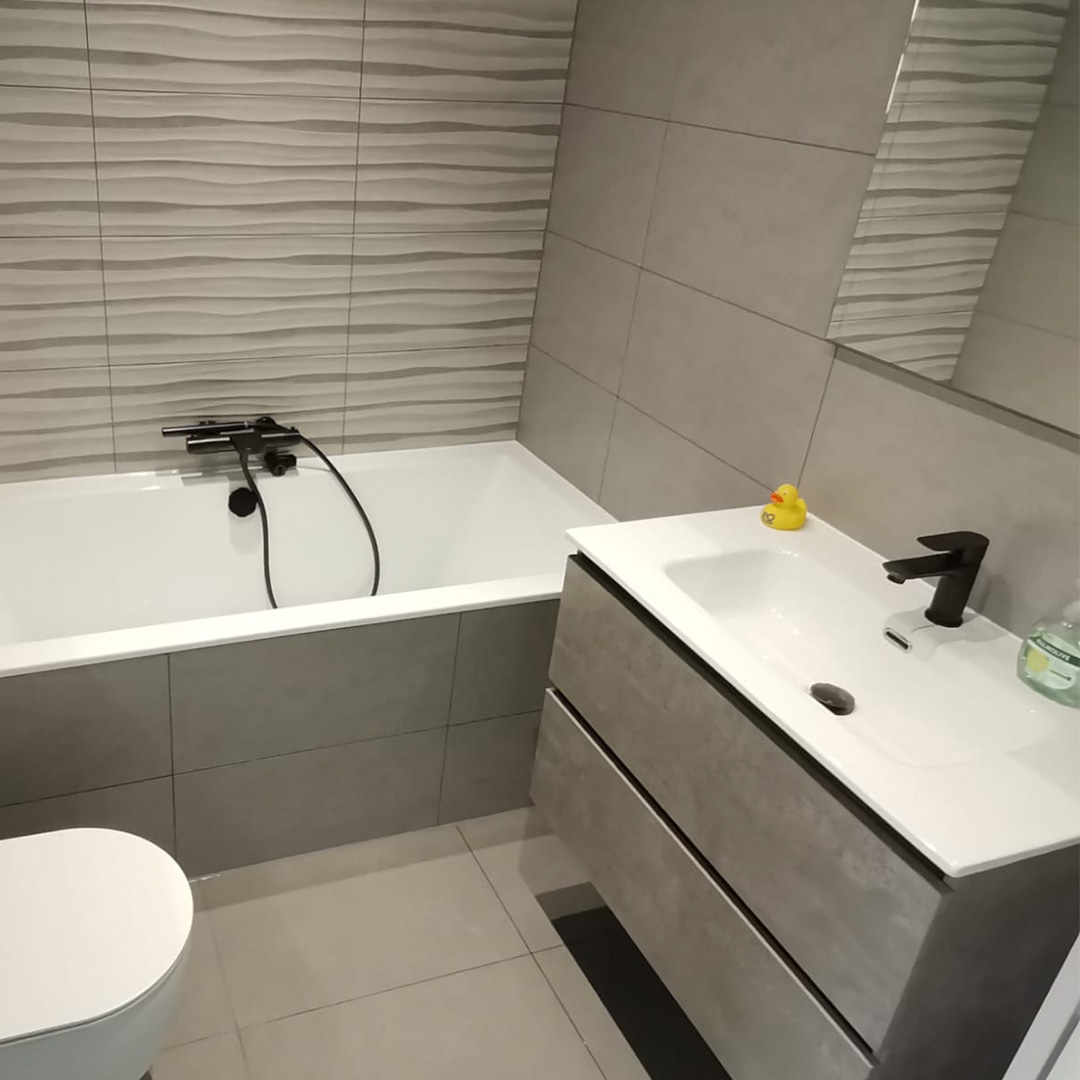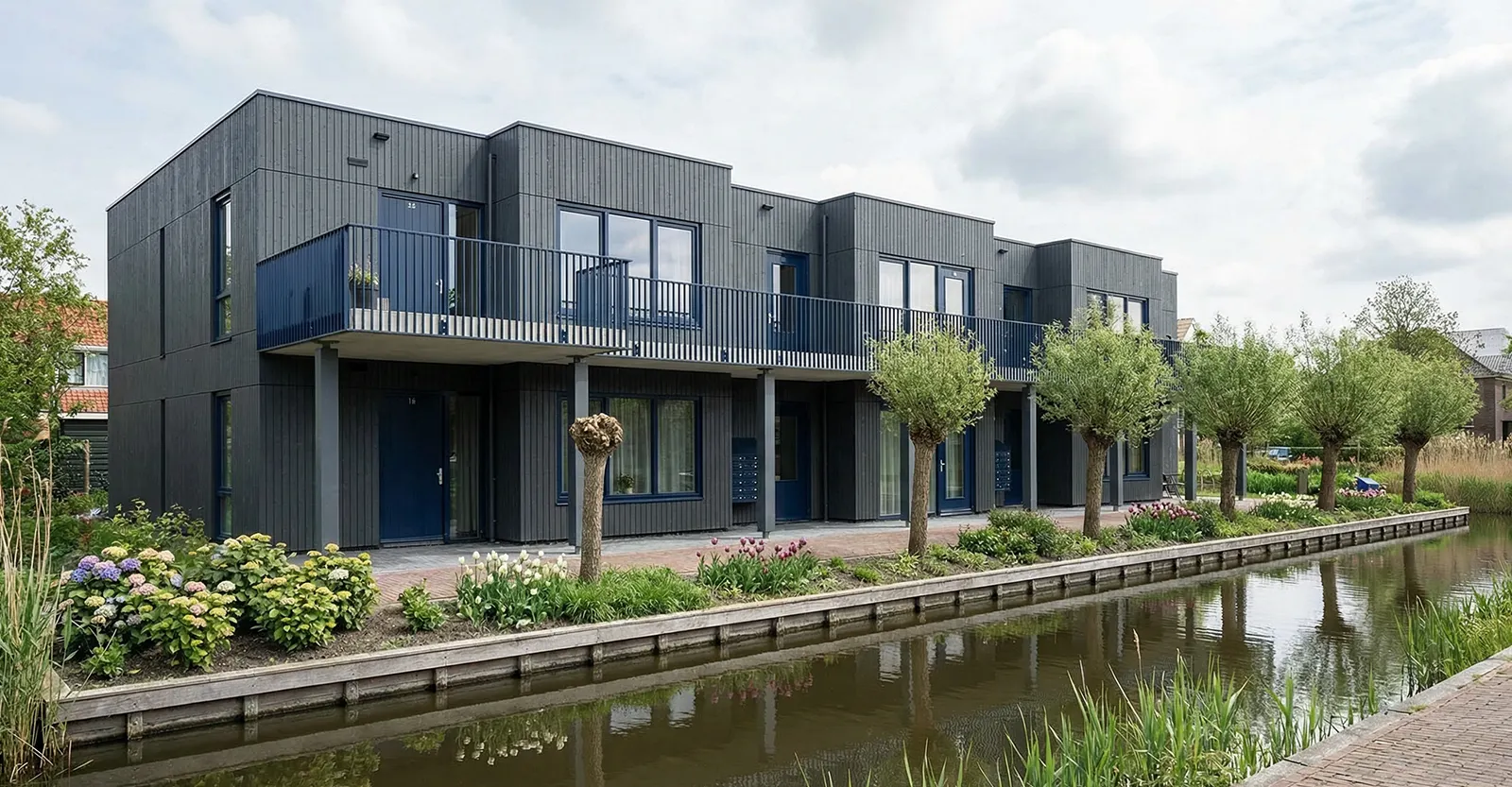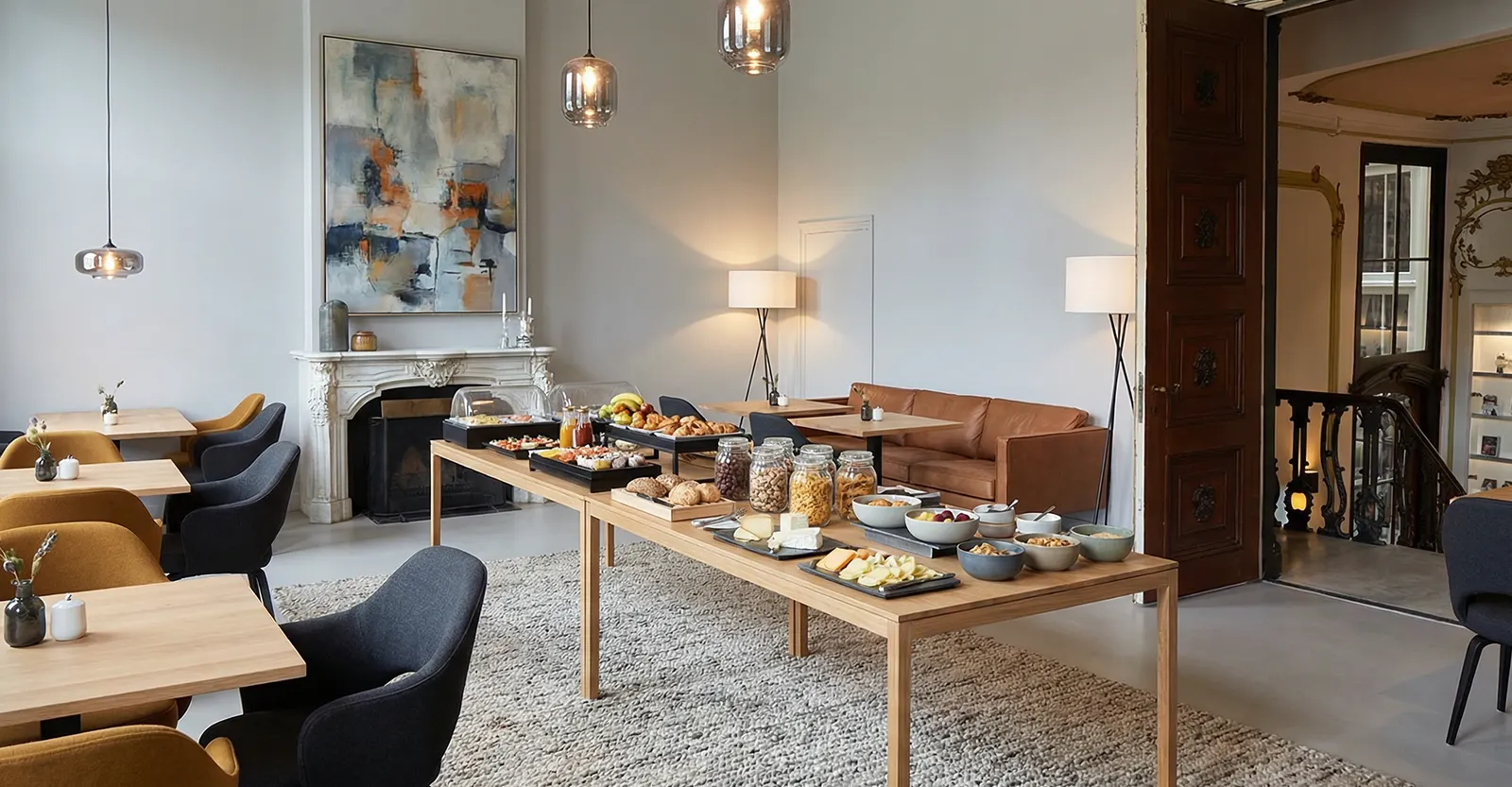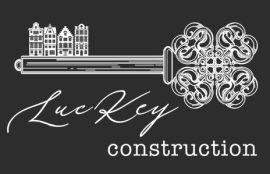For expats settling in the Netherlands, creating a home that feels comfortable and reflects personal style can be essential for adjusting to a new country. Renovating a property, however, can be challenging due to unfamiliar regulations, cultural differences, and potential language barriers. This guide provides a comprehensive overview of the renovation process in the Netherlands, offering valuable insights and practical advice to help expats navigate this journey smoothly.
Understanding Dutch Housing Regulations
Before beginning any renovation, it’s crucial to understand the specific housing regulations in the Netherlands, as these can vary significantly based on the type of property and location.
- Building Permits: Certain renovations, especially structural changes, may require permits. These can include major adjustments such as wall removal, extensions, or adding windows. The requirements vary by municipality, so consult the local building authority for accurate guidelines.
- Listed Buildings: Renovations in historic buildings or protected areas often come with additional restrictions. If your property is classified as a “Rijksmonument” (national monument) or “Gemeentemonument” (municipal monument), you may need special permissions for even minor alterations.
- Resources: Websites like the Netherlands Enterprise Agency (RVO) provide information on Dutch building codes and regulations, while local municipalities also offer resources to help homeowners navigate requirements.
By understanding these regulations, expats can avoid unexpected issues and ensure their renovation plans are legally compliant.
Finding Reliable Contractors
Choosing the right contractors is essential to a successful renovation project. Finding reliable professionals can be challenging for expats unfamiliar with the local market, but there are effective ways to locate reputable contractors.
- Recommendations: Use expat networks and local community groups to gather recommendations. Websites and expat forums can be valuable resources for finding trusted contractors. Checking online reviews and requesting references are also effective ways to ensure quality.
- Written Quotes: Request detailed quotes in writing to compare costs and timelines. This helps ensure that there are no surprises once the project begins.
Reliable contractors are key to a successful renovation, so take the time to research and choose carefully.
Communication Strategies
Effective communication with contractors can be challenging for expats, especially if there is a language barrier. To avoid misunderstandings and ensure a smooth renovation process, consider the following strategies:
- Clear, Written Agreements: Draft a clear written agreement outlining the scope of work, budget, timeline, and any other specific requirements. This document will serve as a reference throughout the project.
- Use Translation Tools: If necessary, use translation apps or seek assistance from bilingual friends to bridge any language gaps.
- Regular Updates: Schedule regular check-ins to discuss progress, address questions, and manage expectations on both sides. Clear communication can help avoid issues and keep the project on track.
Good communication ensures that all parties understand the project’s goals and are aligned on timelines, costs, and expectations.
Budgeting and Financial Considerations
Renovating a home in the Netherlands can be costly, so it’s essential to create a realistic budget and explore financing options if necessary.
- Cost Estimation: Get quotes from multiple contractors to understand the average costs associated with your renovation. This will help you create a more accurate budget.
- Financing Options: Some banks in the Netherlands offer renovation loans or allow mortgage extensions for home improvements. Speak with a financial advisor or your bank to explore options available to expats.
- Contingency Fund: Set aside a contingency fund (usually around 10-15% of the total budget) for unexpected expenses that may arise during the renovation.
Budgeting carefully allows you to enjoy your renovated space without financial stress, knowing you’ve planned for every expense.
Cultural Considerations in Dutch Interior Design
When renovating in the Netherlands, it’s helpful to consider popular Dutch design trends, which often emphasize practicality, simplicity, and sustainable materials.
- Dutch Interior Styles: Dutch interiors tend to favour minimalist design with an emphasis on natural light, open spaces, and functional furniture. Common styles include Scandinavian and modern, with a touch of rustic charm.
- Balancing Personal Style: Integrating your own style within Dutch design trends can create a space that reflects both your personality and local influences. For example, mix minimalist Dutch furnishings with vibrant art pieces or personal décor from your home country.
- Sourcing Materials: Look for sustainable materials from local suppliers and explore markets for high-quality Dutch-made furniture and home accessories.
Blending Dutch design principles with your personal taste can create a harmonious and unique interior that feels like home.
Renovation Process
Renovation is a complex process that depends on many factors and includes multiple stages, each requiring careful planning and attention to detail. Here are key tips for successful collaboration with your contractor during your renovation:
- Find out about the timeline: Inquire with the contractor for a realistic approximate timeline and outline major milestones for each stage of the project. This will help you stay on top of the work, and with a good contractor, you can work together on your project.
- Expect Delays: Renovations often experience delays, whether due to supply chain issues, unexpected repairs, or other obstacles. Keep a flexible approach and communicate openly with contractors if delays arise.
- Living Arrangements: If you’ll be living in the property during renovations, plan for any temporary disruptions, such as restricted access to certain rooms, and have a backup plan if necessary.
Your participation and understanding of the renovation process help reduce stress and ensure a more positive experience throughout the project.
Sustainable Renovation Practices
As sustainability becomes a key focus in Dutch architecture, expats may wish to consider eco-friendly renovation options for a greener, more energy-efficient home.
- Eco-Friendly Options: From energy-efficient windows to sustainable insulation, there are many ways to reduce the environmental impact of your renovation.
- Government Incentives: The Dutch government offers subsidies for green renovations, such as solar panels and sustainable heating systems. Check eligibility requirements to take advantage of these incentives.
- Long-Term Benefits: Sustainable renovations not only benefit the environment but can also reduce energy costs, increase property value, and contribute to a healthier indoor environment.
Investment in sustainable renovation practices aligns with the Netherlands’ commitment to eco-friendly living and provides long-lasting benefits.
Conclusion
Renovating a home in the Netherlands as an expat can be a rewarding experience that transforms your space into a true reflection of your style and values. By understanding local regulations, choosing reliable contractors, communicating effectively, and planning for sustainability, expats can navigate the challenges of home renovation and create a comfortable, stylish home. Embrace the process, take inspiration from Dutch interior design, and enjoy the journey of creating a space that feels uniquely yours.

